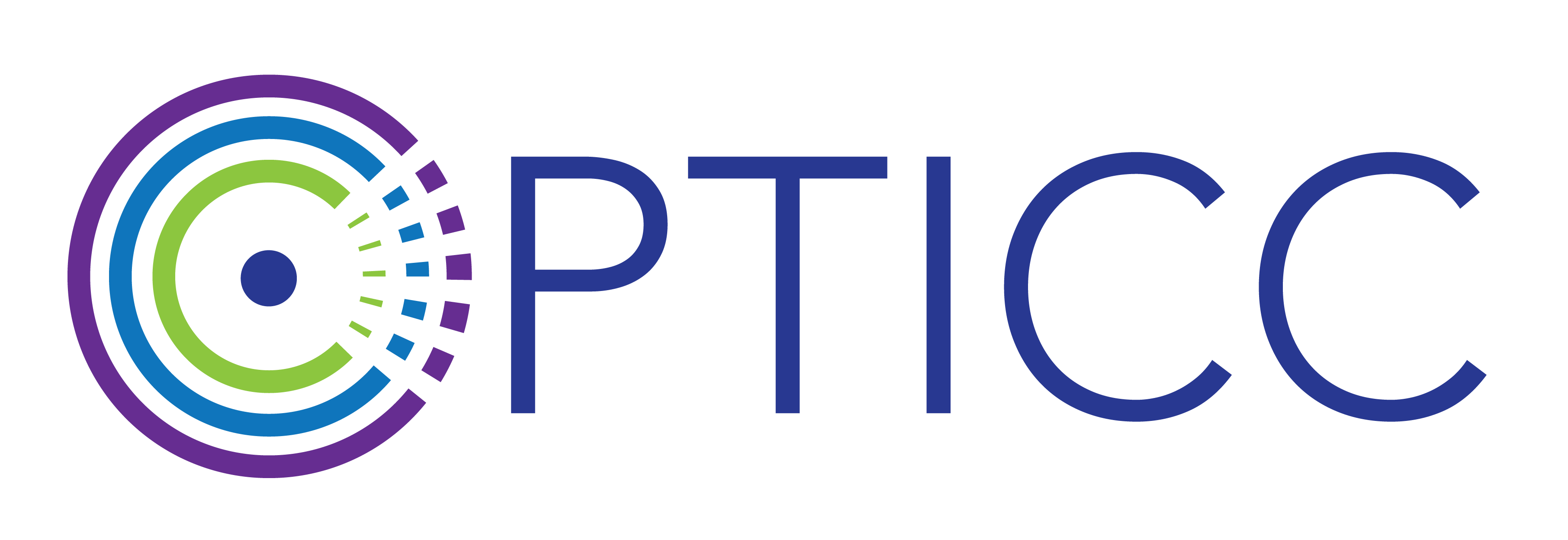Assessing acceptability, feasibility, and demand of a ride-share transportation program for patients with abnormal FIT
Pilot Study 1 Lead Issaka partnered with Harborview Medical Center, part of UW Medicine, to assess the acceptability, feasibility, and demand for a ride-share transportation program for patients with abnormal fecal immunochemical test (FIT). Due to the need for procedural sedation, transportation is a frequently cited determinant to colonoscopy completion and is likely a contributor to lack of FIT follow-up.
Ride-share platforms are potentially scalable and cost-effective strategies if rides are scheduled by the health care team, costs are billed to the organization and utilization does not require individual smartphone ownership. However, ride-share programs to address this transportation determinant to screening completion can be designed in different ways, with differing effectiveness.
Using OPTICC Stage III methods, this study explored ride-share employee, patient and provider perspectives on different ride-share program models. A ride-share program optimized for patient acceptability and demand and provider acceptability and feasibility can be tested in a subsequent trial for effectiveness in reducing disparities in follow-up of abnormal FIT.
Implementation Science Knowledge Gained
Patient co-developed ride-share option with a signal of acceptability, feasibility, and demand that can be tested in a large scale trial.
Research Team


Pedja Klasnja, PhD
Methodologist
Causal Pathway Diagram for Pilot Study 1

The research team used informal stakeholder engagement, story boards, listening sessions, and the nominal group technique to identify the barriers, facilitators, and process to implement a rideshare program. Barriers included: inability to expand an existing non-emergency medical transportation (NEMT) program beyond Medicaid patients and lack of patient chaperones with rideshare NEMT programs. Facilitators included: commercially available rideshare NEMT platforms that were lower cost and had shorter wait times than the alternative of taxis.
Operationalizing and implementing a rideshare program at Harborview Medical Center in Seatle entailed: 1) identifying key stakeholders, 2) engaging stakeholder groups in discussion to identify barriers and solutions, 3) obtaining institutional sign-off, 4) developing a process for reviewing and selecting a rideshare NEMT program, 5) executing contracts, 6) developing a standard operating procedure and 7) training clinic staff to use the rideshare platform.
The research team planned to assess the acceptability, feasibility, and demand of the rideshare program developed for Harborview Medical Center. However, the opportunity arose to pilot test the rideshare program, which the research team did through a non-randomized, mixed-methods pilot trial. Between February 2022 and August 2023, 35 patients consented to participate, and 31 rides were completed. All patients who used the rideshare program arrived safely at their intended post-procedure destination without incident. The average rideshare cost was $24.66 (range, $9.99–$54.49), comparable to costs of rideshare NEMT for other health indications (range, $14.00–$67.00). The rides had a median duration of 2.05 miles (interquartile range, 1.00–8.16miles) and 14.26 minutes (interquartile range, 9.17–19.82min). Patient participants uniformly said that they could not have completed their colonoscopy without the rideshare program, that they would use the program again if offered, and would recommend it to others.
Publications
- Bell-Brown A, Chew L, Weiner BJ, Strate L, Balmadrid B, Lewis CC, Hannon PA, Inadomi JM, Ramsey SD, Issaka RB. Operationalizing a rideshare intervention for colonoscopy completion: barriers, facilitators, and process recommendations. Front. Health Serv. 2022 Jan 17;1:799816.
- Issaka RB, Bell-Brown A, Hopkins T, Snyder C, Balmadrid BL, Chew LD, Hirayama L, Inadomi JM, Riveira M, Strate LL, Weiner BJ, Ramsey SD. Health system-provided rideshare is safe and addresses barriers to coloscopy completion. Clin Gastroenterol Hepotol. 2023 Oct 6:S1542-3565(23)00770-X.
- Issaka RB, Bell-Brown A, Snyder C, Atkins D, Chew L, Weiner BJ, Strate L, Inadomi JM, Ramsey SD. Perceptions on Barriers and Facilitators to Colonoscopy Completion After Abnormal Fecal Immunochemical Test Results in a Safety Net System. JAMA Open. 2021 Aug 10; 4(8):e2120159.
- Issaka R, Bell-Brown A, Koa J, Snyder C, Atkins DL, Chew LD, Weiner BJ, Strate L, Inadomi JM, Ramsey SD. Barriers associated with inadequate follow-up of abnormal fecal immunochemical test results in a safety-net system: a mixed-methods analysis. Prev Med Rep. 2022 May 18;28:101831.
